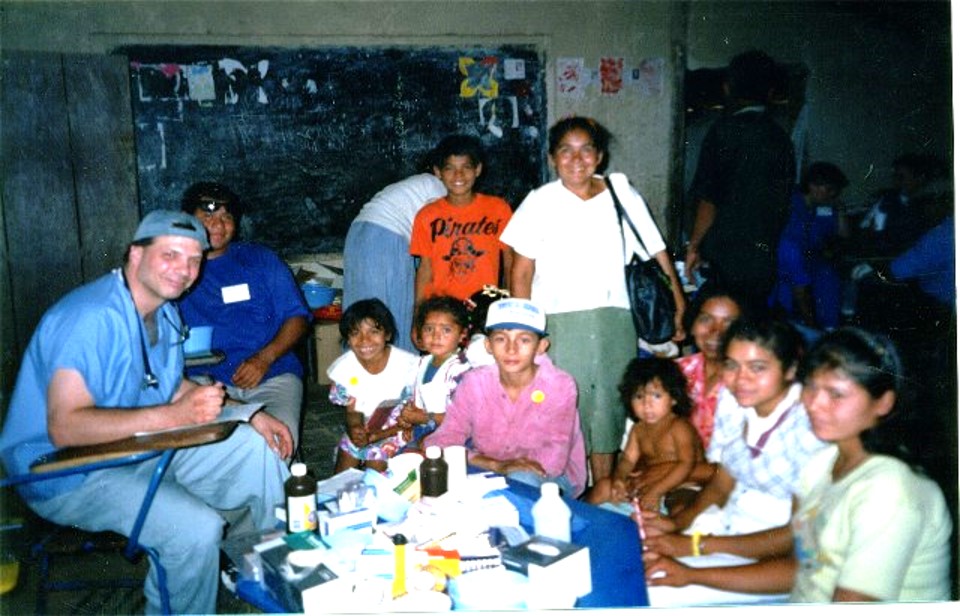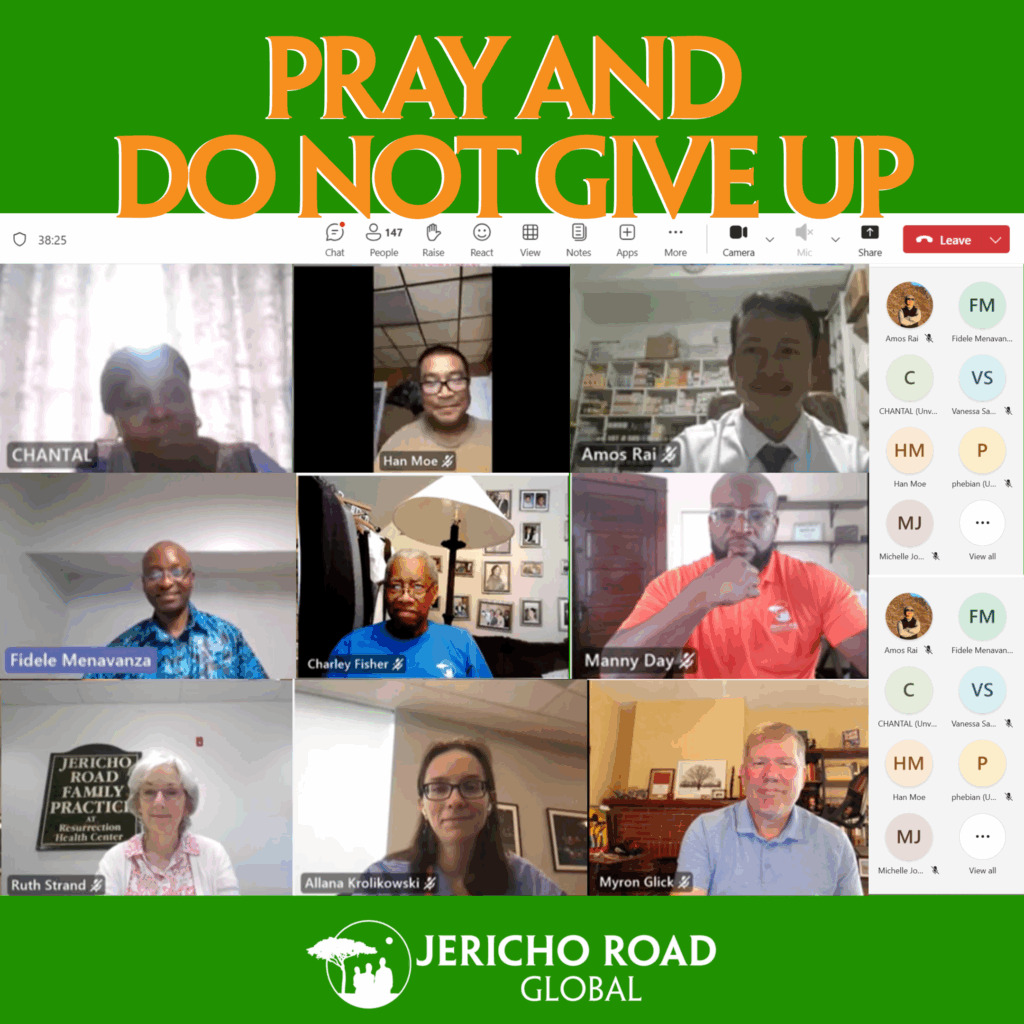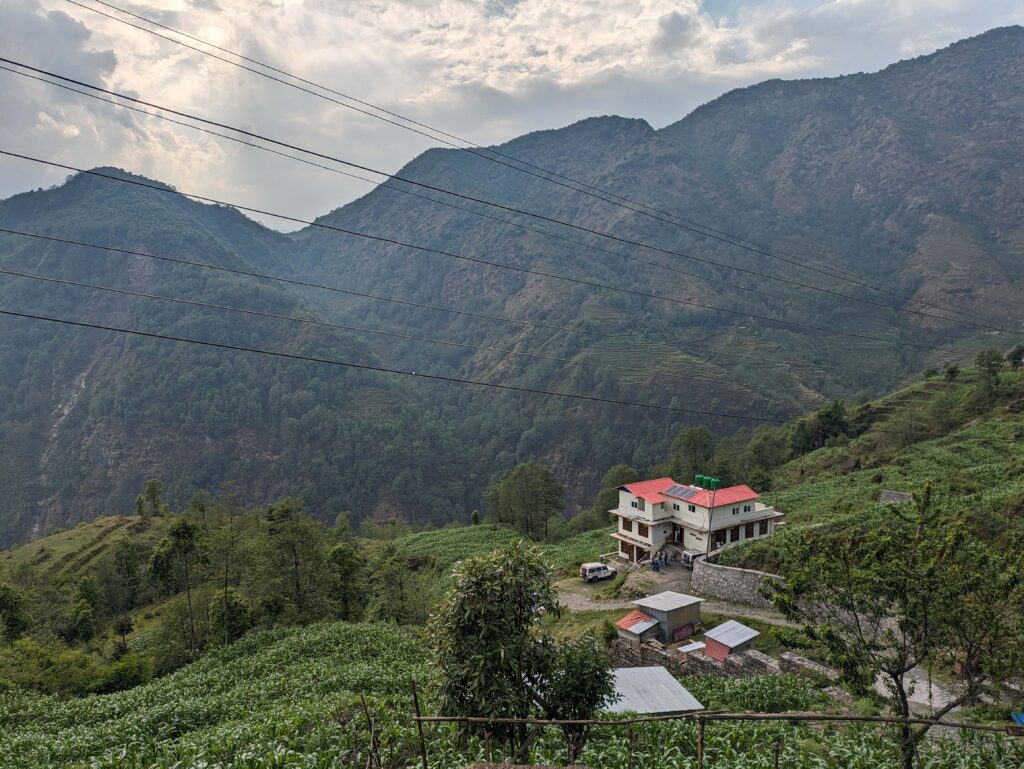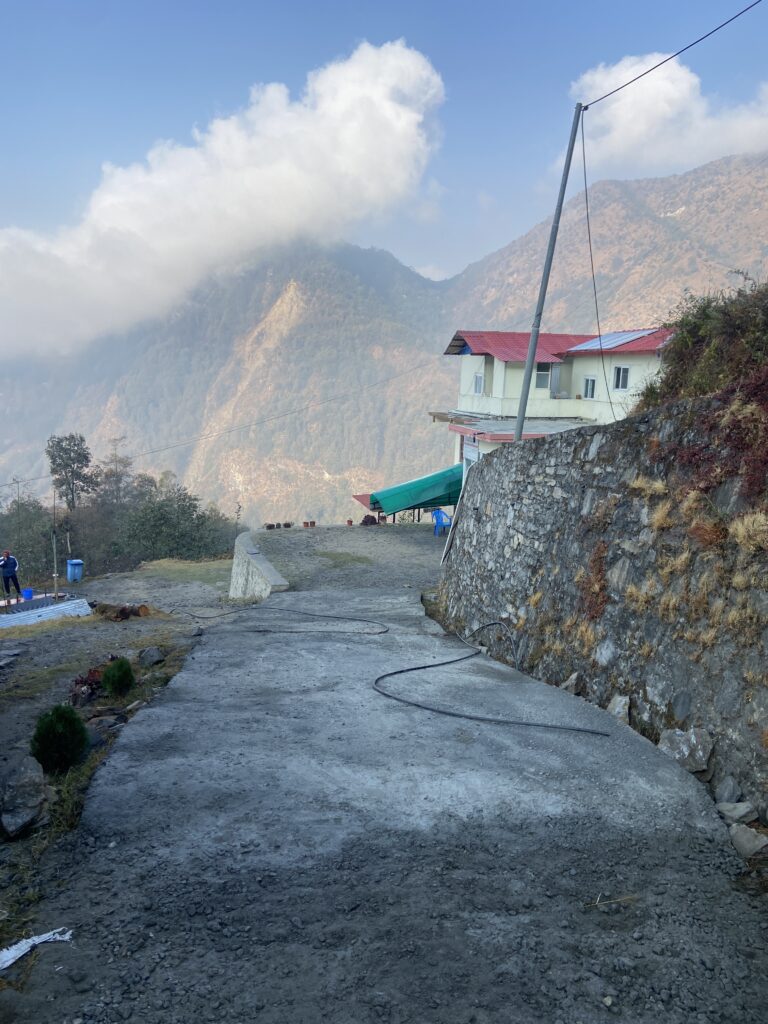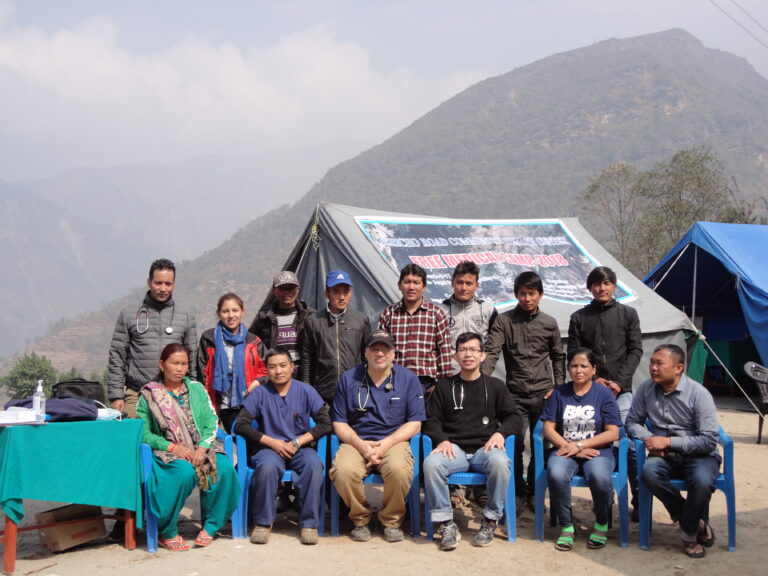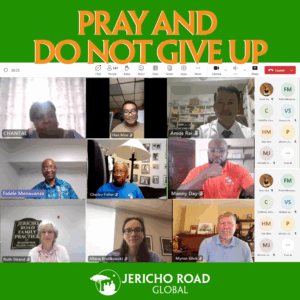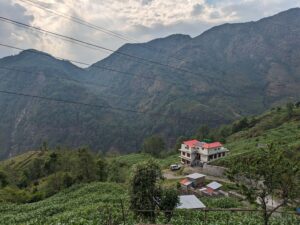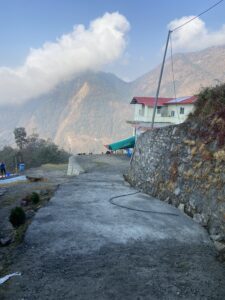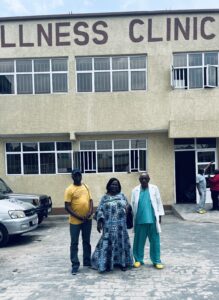Hello and welcome to our Jericho Road Community Health Center Global Blog! We get to see
and experience some pretty cool things as we seek global health equity. I think it’s time we
share some of those stories with you.
You may or may not know that Jericho Road started as a small family practice on the Westside
of Buffalo, NY back in 1997. Our founder (and CEO, Dr. Myron Glick) had dreams of being a
medical missionary; little did he know that the world would actually come right to our little clinic’s
doorstep. Almost 30 years later, we are now a federally qualified health center with five clinical
locations in Buffalo, two pharmacies, a handful of social programs, and we run one of the
largest asylum-seeker shelters in the country. That’s a whole story in and of itself—one we will
share in our Buffalo blog—but the story we have for you in this space is one about following our
patient’s home, and the clinics they helped start in Sierra Leone, Nepal, and the Democratic
Republic of the Congo.
My name is Catharine Grainge, director of advocacy, and I recently sat down with the newly-
retired Paul Violanti, DNP, FNP, PNP. He has been with us pretty much since the beginning and
has been a catalyst for our global work. His stories made me laugh and cry, and his passion for
this work is humbling to hear. Check out parts of our interview below and we’ll see you next
month, same place, same time.
Thank you for your support!
When was your first global trip and where did you go?
In 1985, I graduated from Trocaire College as a registered nurse (RN). Then in 1992, I went on
my first mission’s trip to Mexico with my church. In one of the villages we went to, I met this
elderly woman (Elida) with a decubitus ulcer on her heel. I told her I would come back and help
her because there were no nurses or doctors anywhere near her village. When I went back a
few days later, it was like the whole village was waiting for me, seeking medical treatment and
care. That’s how I found out about medical missions. If this place in Mexico didn’t have enough
access to medical care, where else in the world needed it?

Around this same time, I also noticed in the Bible that “Jesus was a medical missionary.” He
healed the sick and preached the gospel. I thought to myself, I wanted to be like Jesus so I
continued on in school until I was properly prepared for medical missions work. Since then, I
have taken over 30 mission trips in 8 post war or under-resourced countries in my career.
Why are you passionate about global health and why has it been important for you that
you can do this work at Jericho Road?
Way back in the very beginning of Jericho Road in Buffalo, we were advised—and it was good
financial advice—to start a second clinic in a wealthy suburb nearby so that we could have more
access to patients with private insurances and therefore make more money. It was really to
subsidize our work in the city. Dr. Glick said “absolutely not.” We were, and are, here for the
poor. I believe that everyone deserves healthcare, that it is a human right. The poor in Buffalo
and the poor across the globe, too.

At Jericho Road we also feel this call to love our neighbor. Because we have so many refugees
here in Buffalo, the world is our neighbor. There are no boundaries. These folks need
healthcare. We can’t do everything but we can do what is in front of us. Our patients and
colleagues sometimes feel more like family. Global health equity means helping our family
members here, help their family members there—the ones they had to leave behind.
But it’s also true that I do it because I need to do it. It helps me be a better nurse practitioner,
teacher, father, and husband. It helps me to keep on the straight and narrow path of my faith.
Why should we care about global health when there is so much need right here in
Buffalo, NY?
I have gotten this question before. First, I will say, we are taking care of the poor right here in
Buffalo, NY. And I think we do a pretty good job at it. Because so many of our patients are
refugees, and because they start to feel like family, we feel an obligation to help them take care
of the people they had to leave behind. We care about the poor and we care about health
inequity, no matter where it is occurring. Once our eyes have seen something, it informs our
heart. We are just doing what is in front of us.
What is one of your favorite stories or moments from your global trips?
Well, it’s actually something that happened right here in Buffalo. Hanging up in the medical pod
where I worked at our Barton St. location is a picture from the second time I went to the Congo.
I went with this pastor (Pastor Vital) who worked with Pastor Bob Tice. We were looking to start
a medical clinic in the Congo and went to the village where Pastor Tice’s church had paid for a
metal roof to be put over the church. Turns out that the village, South of Goma, was not a good
place for a clinic due to some tribal politics but I still have a picture of it hanging up at Jericho
Road.
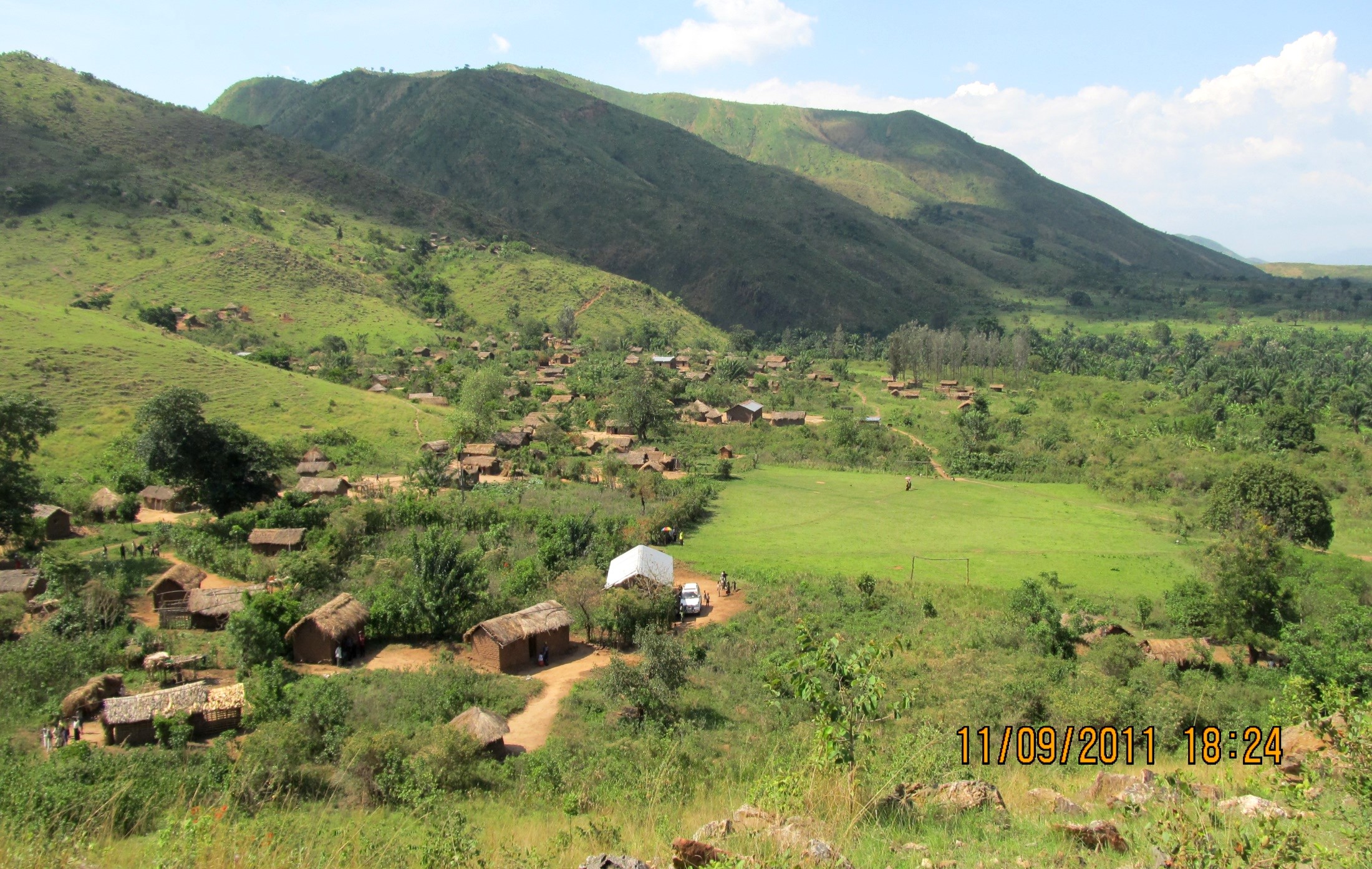
village he was from in the Congo. It turned out to be the same village, so I told him to walk out of
the exam room with me and I took him to the picture. He started crying, he hadn’t seen his
village since he was a teenager. I can only imagine how he felt—at first all I was to him was this
white man taking care of him in this strange and cold city, but then in an instant I represented a
deep connection to his homeland.
Okay, last question, who gets to go on Jericho Road global trips and what should they
expect to see while abroad?
All of our employees are welcome to come on our global trips. We also extend these
opportunities to our friends and families and to medical and nursing students (depending on the
purpose of the trip). For our employees, we do our best to cover half of the cost of their travel.
Whether it is to Sierra Leone, Nepal, or the DRC, you can expect to meet really dedicated staff
and medical practitioners doing their best and sacrificing a lot, to show up and care for their
patients. Our staff abroad are people who are from those countries, who speak the language,
who understand the culture, and who have given up a lot to devote their lives to loving their
neighbor. Depending on your own expertise, you might be asked to help interpret, work
alongside a medical practitioner from that country, to do a construction project, or just to play
with the kids while their parents get medical treatment. You will see clinics and social programs
that seek to care for the whole person. You will meet advocates that are seeking systemic
change in their country. I believe you will walk away humbled, moved, and with a shift in your
perspective.

